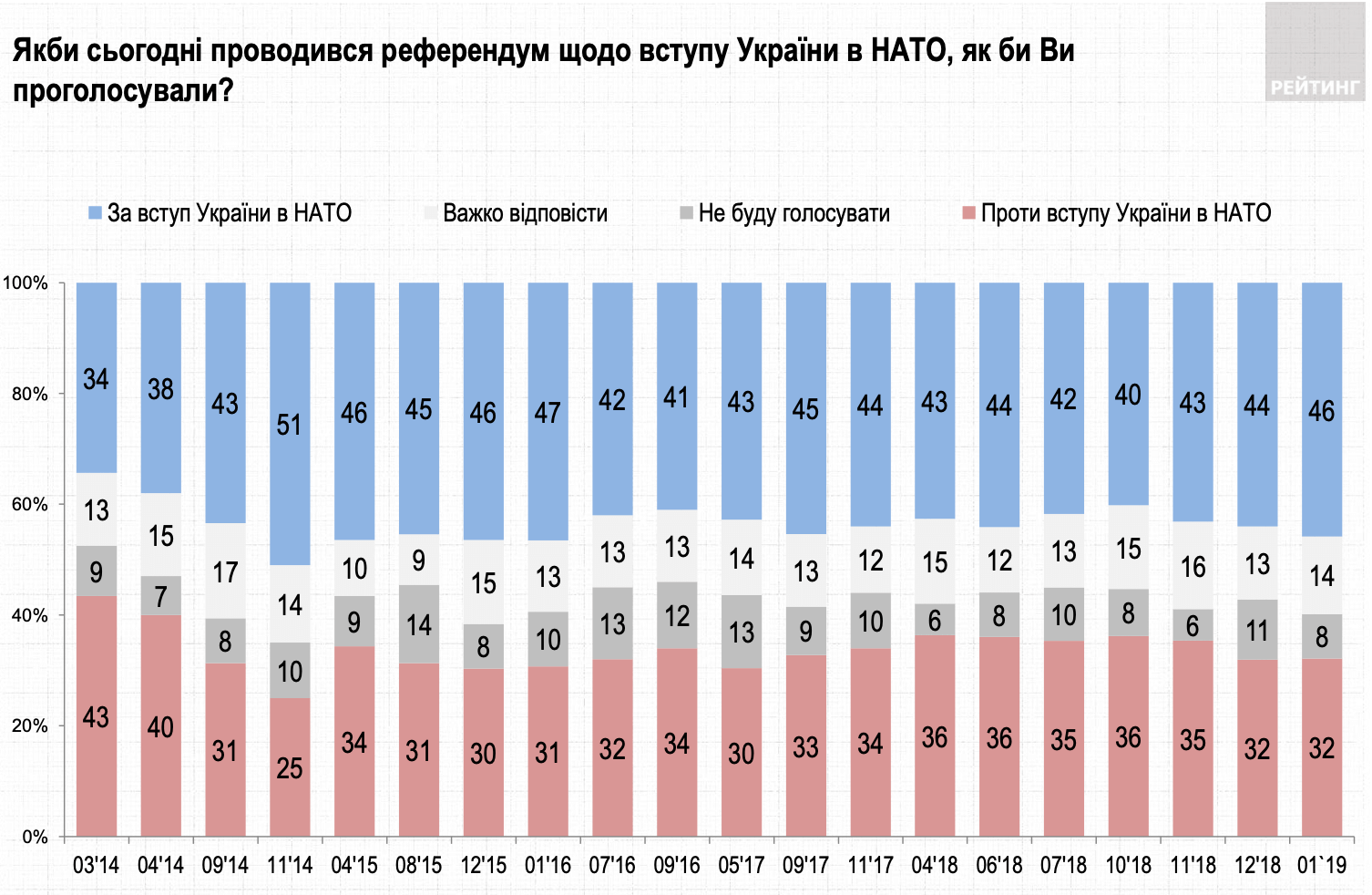The year 2025 turned the topic of negotiations into an information explosion. After Donald Trump entered the Oval Office, the U.S. started talking about a “peace deal”: there were conversations with Putin, delegation meetings in Saudi Arabia, and proposals to conclude an agreement on rare earth metals. Every week brought new statements, conditions, “leaks”, along with waves of emotions, assumptions, and “betrayals”.
Against this backdrop, Ukrainian politicians, regardless of party affiliation, actively participated in the game. Some spread unverified information, some took words out of context, and others “added” to official statements things that were not actually there. Comments about “secret deals”, “trading nuclear power plants”, and “selling subsoil resources” are being circulated.
We analyzed public comments by MPs from different political forces and fact-checked the statements we were able to find for March 2025. The focus was on everything related to negotiations: real, distorted, and exaggerated conditions. And we separated facts from loud statements, which often serve political gain rather than public clarity.
Security guarantees are one of the key issues for Ukraine in any negotiations to end the war. This includes both strategic goals, such as NATO accession, and bilateral agreements with partners. Over the past month, this topic has repeatedly become a pretext for political manipulation and distorted interpretations.
Maksym Buzhanskyi, 17/03/2025
Manipulation
“It is unclear at what point the Ukrainian people made this strategic choice, they were not asked about it. There (in the Constitution — ed.) is the course towards NATO, and we accept it as a fact if we respect the Constitution. But why lie about the choice of the Ukrainian people, who were not asked about anything?”
This is how the MP reacted to Foreign Minister Andrii Sybiha’s words that the course towards NATO is the choice of Ukrainians and is not removed from the agenda.
Indeed, on February 21, 2019, amendments to the Constitution came into force, enshrining Ukraine’s strategic course for acquiring membership in the EU and NATO. They were initiated by then-President Petro Poroshenko and supported by 334 MPs.
Holding a referendum in this case was neither provided for nor required. The Constitution directly defines (Art. 156) that a referendum is mandatory only for changes to its Sections I (General Principles), III (Elections. Referendum), and XIII (Amendments to the Constitution of Ukraine). The course towards NATO and the EU does not belong to any of them. Therefore, the Verkhovna Rada had all legal grounds to adopt these changes without a referendum.
Ukraine is a parliamentary-presidential republic, where citizens elect MPs. MPs, in turn, make decisions on behalf of voters, including on foreign policy issues. This is exactly what happened in 2019.
But even from the perspective of public support, Buzhanskyi’s statement does not stand up to scrutiny. According to a survey by the Rating sociological group in January 2019, 46% of Ukrainians supported NATO accession, and 32% were against it. Moreover, since 2014, these figures had remained stable — support for membership in the Alliance hovered around 40-45%. With the start of the full-scale invasion, support only grew. According to the same Rating group, in February 2024, 77% of Ukrainians were “for” NATO accession, only 5% were “against”. This trend is also evident in other studies. In September, the Razumkov Center recorded even higher support: among those willing to take part in a referendum, 86% supported accession, 10% were against.
Survey by the Rating group, January 2019
Thus, the claim that “the Ukrainian people did not choose anything” is not only legally incorrect but also ignores the real public mood. The course towards NATO corresponds both to the law and to the will of the majority of citizens.
Oleksii Honcharenko, 14/03/2025
Manipulation
«Ukraine’s accession to NATO is no longer being considered — Secretary General Rutte».
This claim was actively spread by the media, citing an interview of NATO Secretary General Mark Rutte with Bloomberg. In fact, there was no talk of “excluding Ukraine from the accession process”.
The interview took place on March 14, 2025. In the context of discussing a potential 30-day ceasefire between Ukraine and russia, the host asked: “He (Donald Trump) has already taken off Ukraine joining NATO off the table. So Ukraine is left asking this question: how are we going to know we are going to have proper security?” — after which Rutte replied briefly, “uh-huh.” However, this word was not a confirmation of the host’s statement but merely a reaction to the wording of the question itself.
In his full response, Rutte did not mention Ukraine’s NATO accession at all. Instead, he emphasized that according to Trump, “when there is a deal on Ukraine, it has to be lasting, it has to be durable“, and that “Putin should not have to try this again.”
On the same day, Deputy Prime Minister for European and Euro-Atlantic Integration — Minister of Justice Olha Stefanishyna confirmed that the issue of excluding Ukraine from future NATO membership was not raised during official contacts.
Ukraine’s NATO membership is a complex and politically sensitive topic, especially given the position of the U.S. But specifically, Rutte did not state that Ukraine’s accession was removed from the agenda altogether.
Iryna Herashchenko, 20/03/2025
Unfounded
“It is abnormal when Ukrainians learn from Western media what else Ukrainian property Zelenskyi has promised to give away. First minerals, now nuclear power plants.”
Oleksii Honcharenko, 21/03/2025
Unfounded
“Zelenskyi really did propose our nuclear power plants to Trump.”
Both statements appeared amid the resonance around the phone conversation between Zelenskyi and Trump on March 19, 2025. It was preceded by Trump’s call to Putin, during which a possible 30-day ceasefire was discussed.
After the call, the White House website published a statement: “He (Trump — ed.) said that the United States could be very helpful in running those plants with its electricity and utility expertise. American ownership of those plants would be the best protection for that infrastructure and support for Ukrainian energy infrastructure.” This statement was published by the White House, and it concerned the U.S. vision of its role, not any proposals from Ukraine. The official statement from the Office of the President of Ukraine did not contain such wording.
That evening, Zelenskyi held an online briefing with journalists, where he denied information about allegedly transferring Ukrainian NPPs to U.S. ownership. According to him, the conversation concerned exclusively the Zaporizhzhia nuclear power plant, which is under temporary occupation. And already on March 20, during a joint press conference with Norwegian Prime Minister Jonas Gahr Støre, Zelenskyi clarified: “If they want to invest, modernize — that’s another issue. It is open, we can talk about it. But we definitely did not discuss the issue of ownership with President Trump.”
On March 23, a new round of negotiations between the Ukrainian and American sides took place in Saudi Arabia. During this meeting, the security of energy facilities and critical infrastructure was discussed. However, no mention was made in reliable media, official reports, or participants’ comments that Ukrainian NPPs were promised to be transferred to U.S. ownership in Riyadh.
Thus, the claims that Ukraine is “giving away nuclear power plants to Americans” are baseless and are based on exaggerations of certain wording.
Petro Poroshenko, 25/03/2025
False
“Yesterday, in the evening briefing of U.S. President Donald Trump, I was surprised to hear that negotiations in Saudi Arabia are going very well. It turns out that what is being discussed is not the issue of peace and ceasefire, but territories, maps, the transfer of nuclear power plants into ownership, expansion of the minerals agreement, the fate of ports and railways. […] Who authorized the Ukrainian delegation, whose exact composition is unknown, to discuss precisely these issues? Neither they nor the president has such powers. These powers belong to the Verkhovna Rada of Ukraine.”
In fact, the composition of the negotiating group in Saudi Arabia was published even before the start of the talks, on March 15, in an order of Volodymyr Zelenskyi. It included:
- Andrii Yermak, Head of the Presidential Office
- Andrii Sybiha, Minister of Foreign Affairs
- Rustem Umerov, Minister of Defense
- Pavlo Palisa, Deputy Head of the Presidential Office
Moreover, as we explained above, the transfer of Ukrainian NPPs into U.S. ownership is nothing but rumors. There is no evidence that Ukraine initiated the discussion about ownership rights to the power plants.
Poroshenko claims that the delegation had no right to discuss issues not directly related to peace. But Article 106 of the Constitution grants the president the authority “to represent the state in international relations, direct the state’s foreign policy activity, conduct negotiations, and conclude international treaties.” The creation of a negotiating group through presidential decrees is a lawful and established practice — in fact, during Poroshenko’s presidency, decrees on forming delegations were also signed on behalf of the president. The Verkhovna Rada may form parliamentary delegations, but not for negotiations of this level and not on ending the war.
Yuliia Tymoshenko, 08/03/2025
Manipulation
“If the war in Ukraine ends before 2030, Russia will be able to use its resources for aggression against Europe earlier than expected. This sensational statement was made today by the head of German intelligence Bruno Kahl, thereby for the first time officially confirming what we so did not want to believe. At the cost of Ukraine’s very existence and the lives of hundreds of thousands of Ukrainians, someone has decided to pay for the ‘weakening’ of Russia for the sake of Europe’s security?”
To understand whether the meaning of someone’s words has been conveyed correctly, it is always worth looking at the original source. In the interview, the intelligence chief said:
“Russia has considerations about testing how reliable Article 5 is (of NATO’s collective defense treaty — ed.) […] We very much hope not to find ourselves in a position where we have to test whether the article works, but we must proceed from the assumption that Russia wants to test the unity of the West.”
When asked by the interviewer whether this could happen in 2029-2030, Kahl replied:
“This time frame is based on very reliable data, but, of course, it also depends on the specific course of events. If the war in Ukraine subsides earlier, then all the Russians’ resources may pose a threat to Europe much earlier than we expected. I do not want to name any dates right now, but everything is interconnected. An earlier end to the war in Ukraine would allow the Russians to use their energy where they really want to, namely, against Europe.“
So, Kahl merely stated a fact: the earlier the war in Ukraine ends, the sooner Russia will be able to redirect its forces to Europe. In his statement, there is nothing about the idea that the war in Ukraine should last longer for Europe’s safety, or that Ukrainians are being used as a shield to exhaust russia. But Tymoshenko, as well as Oleksii Honcharenko, twisted the intelligence chief’s words, concluding that the war must be ended immediately. Although it is not entirely clear who they are addressing, since the only reason the war continues is Russia’s desire to prolong it.
Dmytro Razumkov, 12/03/2025
Manipulation
“Let’s look at what Zelenskyi demanded when he was planning to sign the agreement (on rare earth metals — ed.). He said that without security guarantees, nothing would be signed. Four days later, what did Zelenskyi, the most powerful diplomat and consistent politician of Ukraine, do? He said he was ready to sign anything and anywhere.”
This case is similar to Tymoshenko’s twisting of the German intelligence chief’s words — Razumkov substituted concepts, ultimately quoting Zelenskyi in an entirely different context. Most likely, he is referring to Volodymyr Zelenskyi’s post on social network X from March 4, 2025, where he stated that Ukraine was ready to sign a minerals agreement “at any time and in any convenient format“. Otherwise, there is no confirmation in open sources that Zelenskyi literally spoke about being ready “to sign anything and anywhere“, as Razumkov claims.
Although the phrase “at any time and in any convenient format” can be interpreted in different ways, in this context, it rather reads as a willingness to negotiate and seek compromise after Zelenskyi’s dispute with Trump in the Oval Office, rather than as unconditional acceptance of any proposals. In this, Ukraine demonstrates its desire to develop dialogue, trying to show the international community the obvious — that it is Russia that is obstructing the negotiation process and stalling for time. At the same time, Ukraine’s official position on the agreement remains unchanged: negotiations with the U.S. continue, the final version of the document must take into account the interests of both parties, and Zelenskyi has not abandoned security guarantees.
Regarding security issues, the president recently clarified that the minerals agreement does not include provisions on Ukraine’s NATO membership. Nor does it currently contain clauses on security guarantees from the U.S. However, at the time of Razumkov’s statement and after it, Ukraine continues to insist on security guarantees — their provision remains a priority of Ukraine’s foreign policy.
Conclusions
The negotiation process continues, and new details will appear in the near future, along with fresh political comments on the topic. Some of them were, and most likely will be, openly manipulative or even outright false — some MPs do not shy away from exploiting the topic of negotiations for their own interests. Some between-the-lines try to discredit political opponents, others try to push the topic of holding elections, and others simply spread “betrayal”, as if there were not already enough negative sentiments in society. Criticism of the authorities and political dialogue are extremely important, but it is necessary to distinguish constructive discussion from speculation. What do we recommend paying attention to in politicians’ statements about negotiations?
- Manipulations of facts, distortions and exaggerations, and the substitution of concepts
- Accusations against opponents that do not stand up to verification by real data
- Attempts to “sow betrayal” and play on emotions in order to deliver desired narratives
So, while Ukraine is seeking a compromise solution between meeting negotiation requirements and protecting national interests, we should continue to support the Defense Forces, monitor the progress of negotiations, and always question public statements, some of which are less about public benefit and more about political interest.
Photo: depositphotos.com/ua
Attention
The authors do not work for, consult to, own shares in or receive funding from any company or organization that would benefit from this article, and have no relevant affiliations




